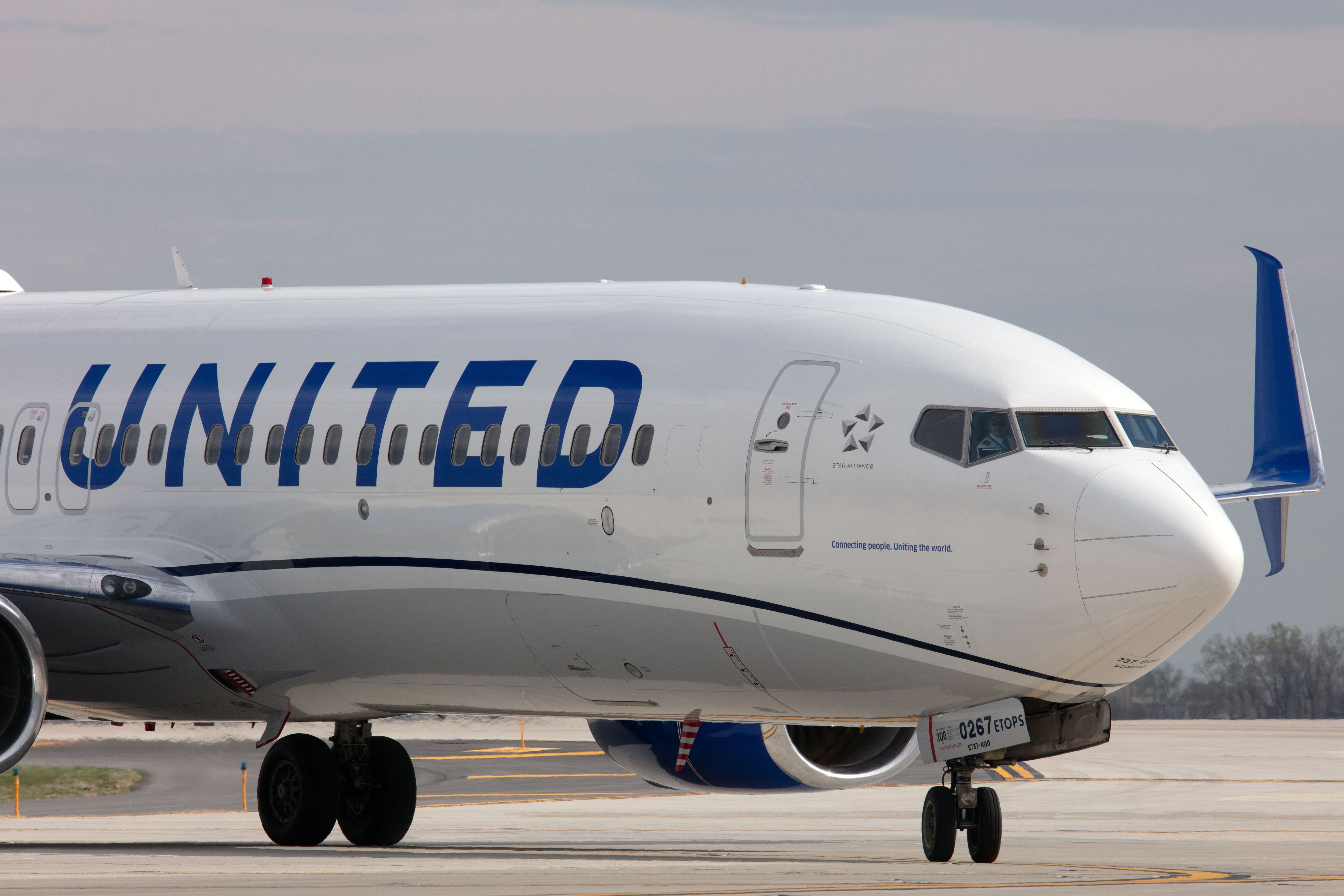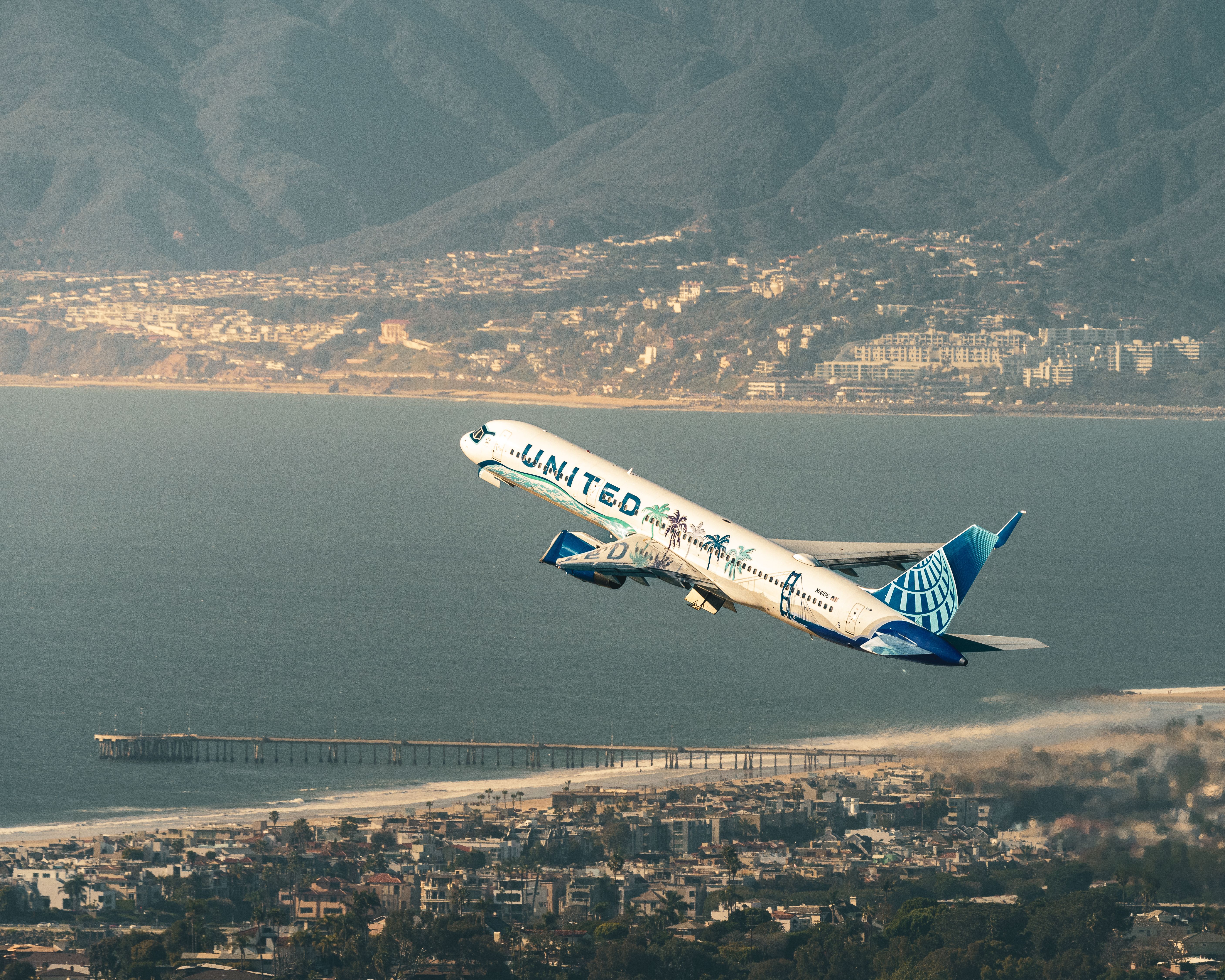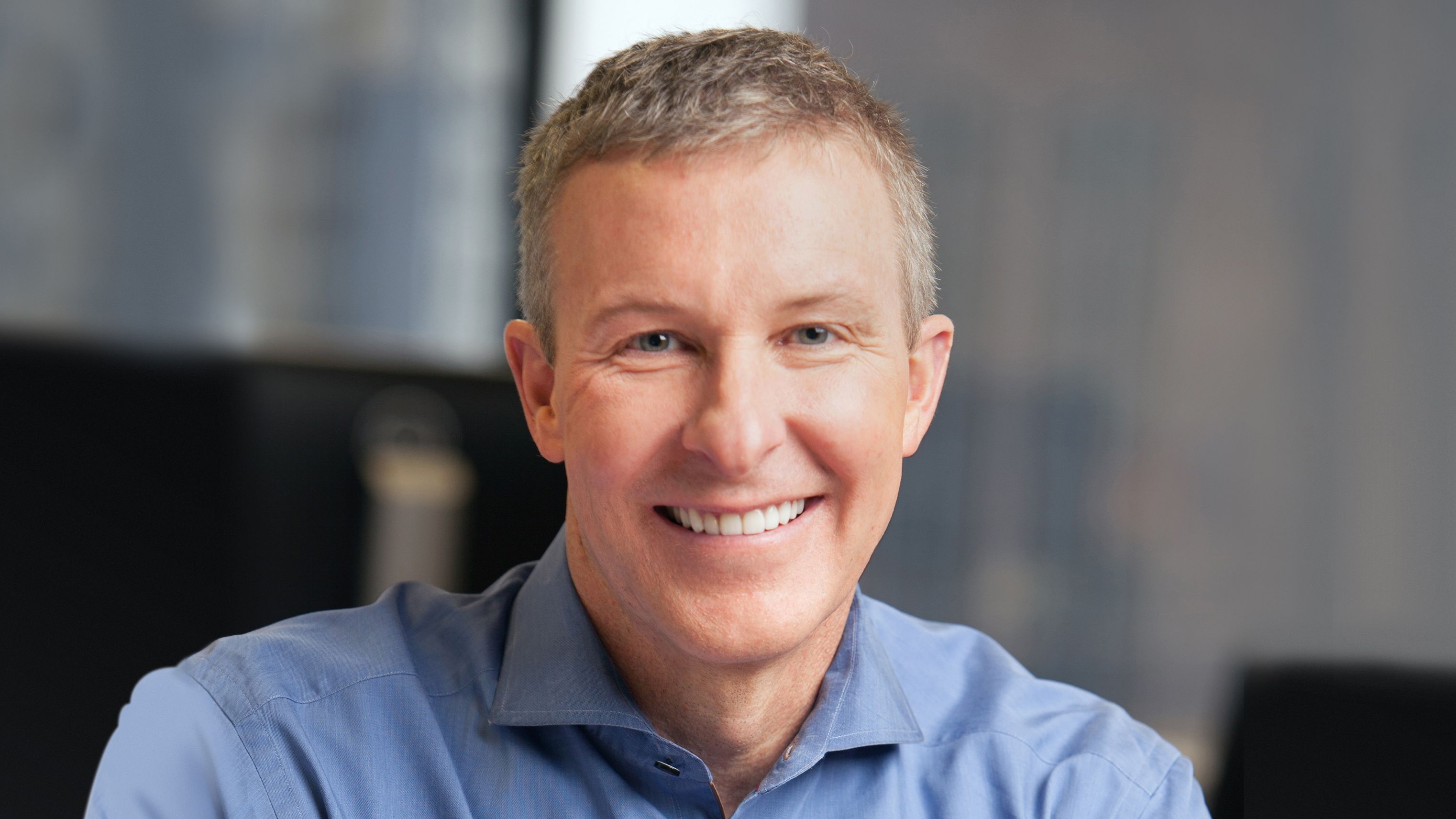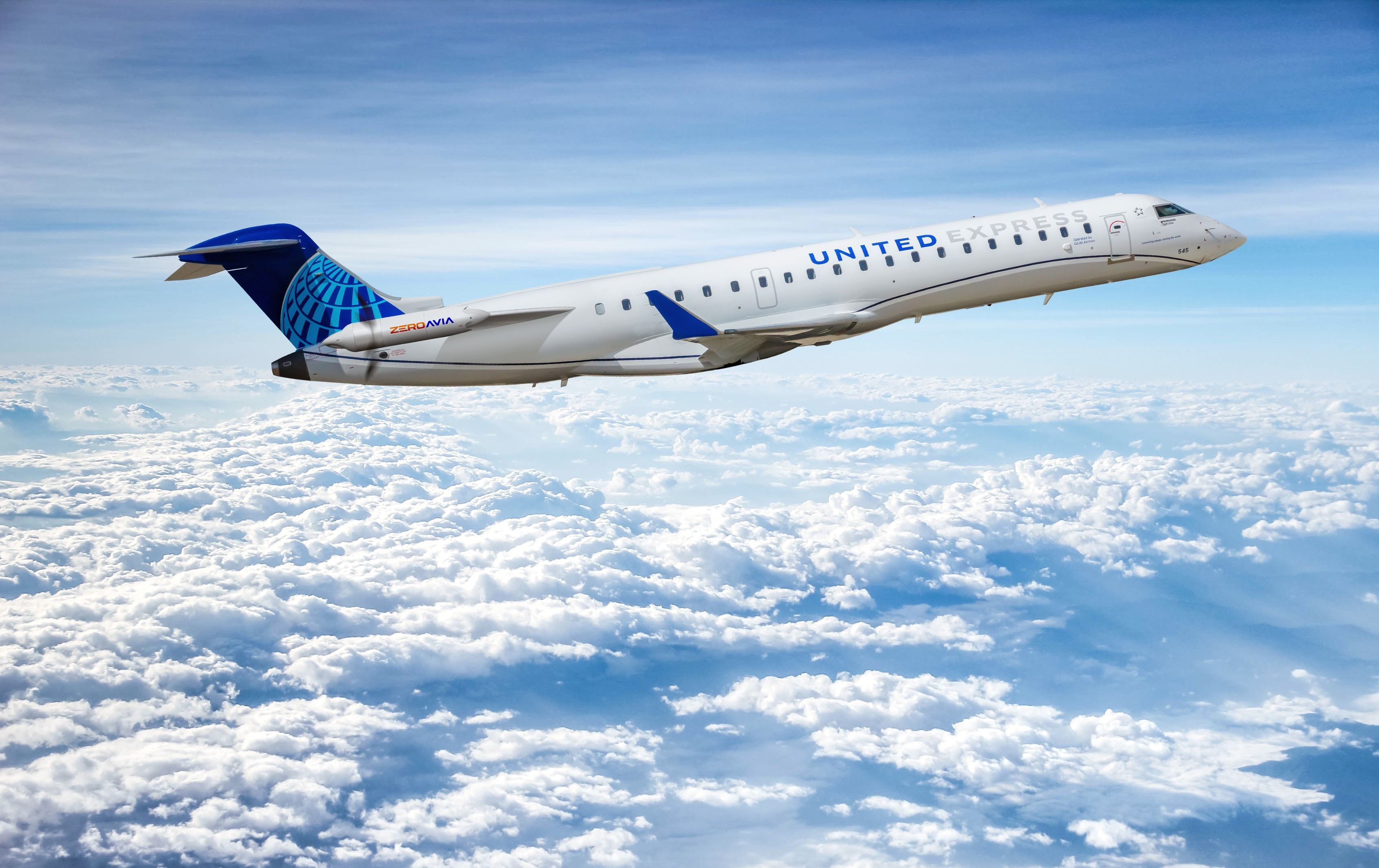Chicago-based United Airlines is leading the airline industry in developing the sustainable aviation fuel (SAF) industry. The airline's spend on SAF is outstripping what other airlines are investing, a situation United's environmentally evangelical CEO wants to see change. According to United's boss, reducing the environmental impact of the airline industry should be a top-tier priority at every airline.
United Airlines is going its own way on net-zero targets
Like a lot of airlines, United is chasing a net-zero 2050 target. It also wants to halve its carbon emissions (compared to 2019 levels) by 2035, something the airline sees as a key step towards achieving that ambitious 2050 goal. United Airlines isn't taking the easy route by buying carbon offsets. Instead, the airline has a multi-faceted approach.
"We're saying something a bit different from net-zero, which is 100% green," United Airlines Chief Executive Officer Scott Kirby said in Doha this week. "The difference is we are not going to use traditional carbon offsets to get there. It's a long answer, but just planting trees is not going to be enough to solve this problem for the globe, and so we're going to do it with other alternatives."
United is far outstripping its rivals on SAF investments
Mr Kirby was speaking at IATA's annual general meeting in Qatar, where sustainability and SAF were recurring themes and enjoyed broad support. Left unmentioned were the carbon emissions created by hundreds of people from the airline industry jetting in from around the world to talk, eat, and drink for two days in an enormous air-conditioned pleasure dome.
"The biggest thing we are doing is sustainable aviation fuel. Our commitment to SAF is more than double the rest of the world's airlines combined - that is a statement I hope I can't make at the next IATA annual general meeting because this should be like safety. This isn't a competitive issue, we should treat it like safety, and we should all try to do the right thing," said Mr Kirby
"We're trying to invest in the SAF industry. We've got ten to twelve investments in startup companies that are developing technologies using different feedstocks to try to build the SAF because today, it's just a drop in the bucket, and we needed significant investment from the end-users to turn this into a real and viable industry. We can do it, but we also need the right kind of government support to put it on a level playing field with other renewable fuels."
Challenges to meeting 2050 net-zero targets
There is some concern about whether United Airlines or other airlines can meet their net-zero goals. Qatar Airways CEO Akbar Al Baker says he hopes the airline industry will hit its environmental targets but argues it will be challenging, and a lot of that has to do with SAF supply.
"We can put all the targets we want and the dates reaching those targets we want, but if there is no supply available ...," reflected Mr Al Baker on Monday. While Mr Kirby is investing in startups and talking about end-users, Mr Al Baker and IATA Director-General Willie Walsh are pushing the big fuel companies to do more. They say in the current climate, with fuel prices (and oil company operating margins) at sky-high levels, the big players can afford to do more.
Both executives also note the current high cost of conventional jet fuel should accelerate interest and investment in SAFs, an outcome Scott Kirby would clearly welcome from his competitors.




